Starting April 1st, 2024, California has significantly increased the state minimum wage for fast food workers. The new minimum wage for fast-food workers is $20 per hour, a $4 increase from its previous $16 minimum. This substantial raise aims to address wage inequalities in the industry and improve the livelihood of those working in fast-food establishments. This wage increase can be seen as a blessing to fast-food workers, but it has left California all riled up. This wage spike has led to many consequences affecting the jobs of the workers and the wallets of those who frequent these easily accessible food options. Fast-food companies are also suffering to meet this minimum wage demand and are challenged to adapt to these higher labor costs or face closing their doors for good in the Golden State.
Not all restaurants are affected; only those with more than 60 units nationwide must increase their wages, including McDonalds and Chipotle. Those working for fast-food chains view this wage increase as a huge leap forward, setting a new precedent for wage standards nationwide. The federal minimum wage has sat stagnant at $7.25, unchanged since 2009. It is no wonder why workers are celebrating this new milestone in their fight for fair wages. According to a current McDonald’s employee, “I was hired on after Covid at $16 an hour and am grateful for our pay increase. It can be jam-packed at this location, and all morale usually goes out the window. With this increase, I feel my hard work is justified, and I am more inclined to work harder. Those who work hard have stayed, but a couple of co-workers were recently let go for what I believe is lazy work. I knew they would not stay long, but this wage increase must have sealed the deal.” Hard-working employees now believe their time and effort properly match their wages.

This new law, signed by Governor Newsom, has led to many consequences within the industry. Many chains, including McDonalds, Burger King, Chipotle, and California’s fan favorite In-N-Out, have already started increasing their pricing. This should not come as a surprise to anybody; if we demand an increase in the workers’ pay rate, establishments will have no choice but to increase their menu prices. That is only the first step to ensuring their financial stability. Restaurants in locations that don’t bring in significant revenue might soon be forced to shut their doors to save the profitable ones. A manager at In-N-Out spoke about these new wages, and she stated, “We have increased the prices of our burgers by 25 cents and our drinks by 5 cents. We take pride in providing our hard-working employees fair wages and benefits. We have always kept our costs down because we don’t do delivery and we don’t change our menu. We might add a few items here and there, but not at the rate of other restaurants. This new $20 minimum should not change anything that stops the loyal fans of In-N-Out from visiting. I think this is a huge step up for fast food workers, and only time will tell what happens next.” Other restaurants are trying to cut costs by discontinuing their in-house delivery services. Pizza Hut recently laid off 1,100 delivery drivers in California in favor of DoorDash and Uber Eats because it circumvents hiring employees.
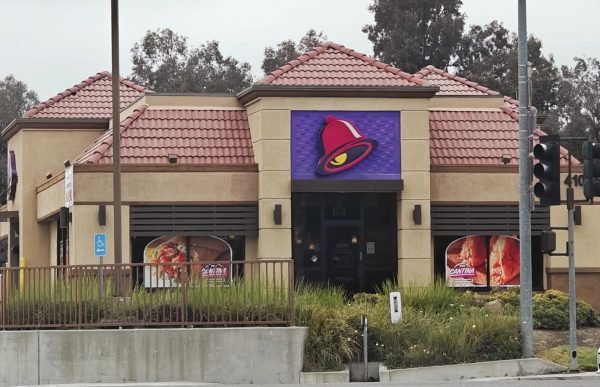
Californians are not too keen on this new pay wage. They believe that other sectors are more entitled to this pay increase than fast food workers. When asked how locals felt about the matter, they said, “Fast food has always been a starting job where young adults work while simultaneously enrolling in college or saving for other financial goals. They should not be paid more than other jobs that require college degrees for entry. I am a medical teacher and had to go through college, and two raises throughout the years before being paid a $20 minimum wage. The cost of living in California is only increasing, and groceries are already taking their toll on our wallets. This increase in fast-food prices will only drive those to be more money-conscious than they already are.” Many are unhappy with these decisions, but others have advocated for equal pay for years. Another local stated, “Fast food is just the beginning. These wages have made the fast-food industry more attractive to workers and will likely prompt other employers to bump their pay to compete for labor. Those working in retail, supermarkets, or other lower-paying jobs will soon flock to the fast-food industry. Everyone deserves a liveable wage no matter what job they work. California is already expensive, but we can’t just give up on our people.” Californians have mixed feelings about this new law, but one thing is certain: it is only becoming more expensive to live here, and it only adds to the increase in the cost of living.
When Governor Newson signed this new law making the fast-food minimum wage $20 an hour, it inadvertently created a ripple effect throughout the nation. Fast food is only the beginning, and if other establishments want labor workers, they will soon have to increase their wages or lose their employers to the fast-food industry. If wages in retail increased, won’t the prices of everyday items soon follow to match? This is what Californians fear the most. We do not have all the answers now, but only time will tell if this new minimum wage will affect every other job sector. California is setting an example of a nationwide minimum wage. Many are open to the idea of equal pay, but some may soon look to leave the Golden State for areas with a lower cost of living.


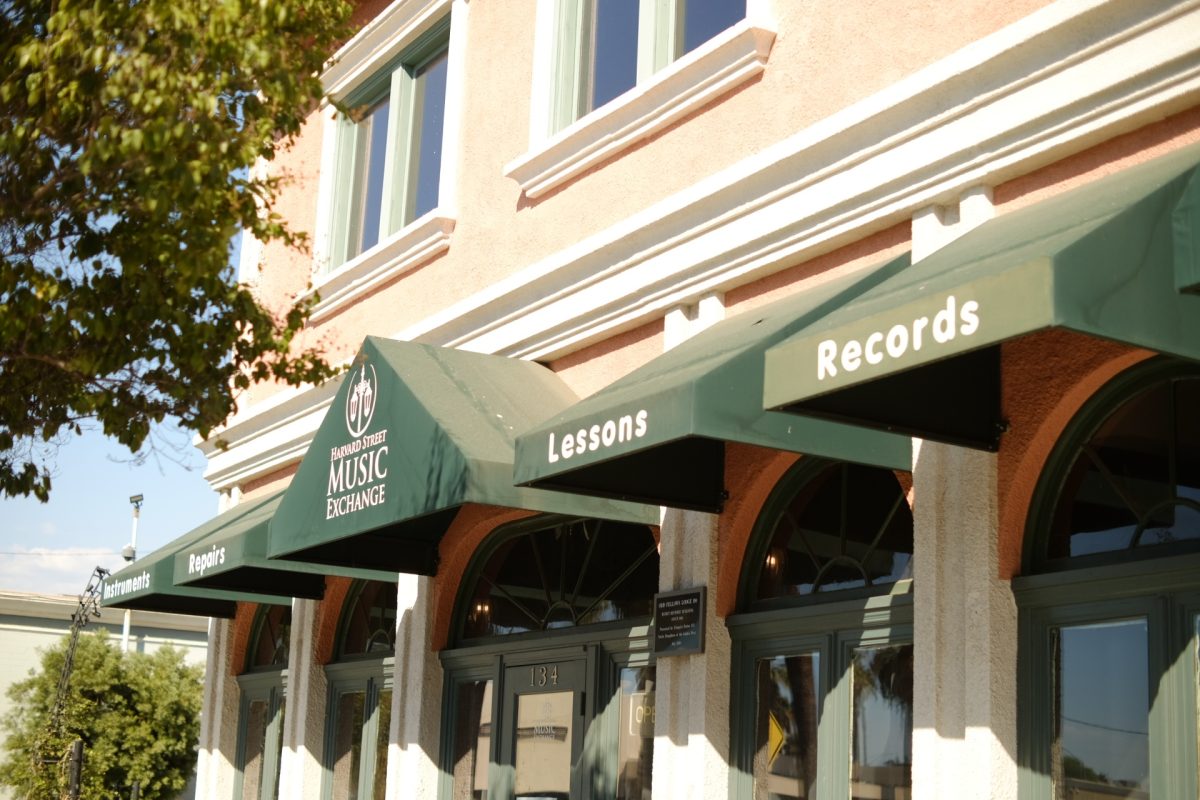

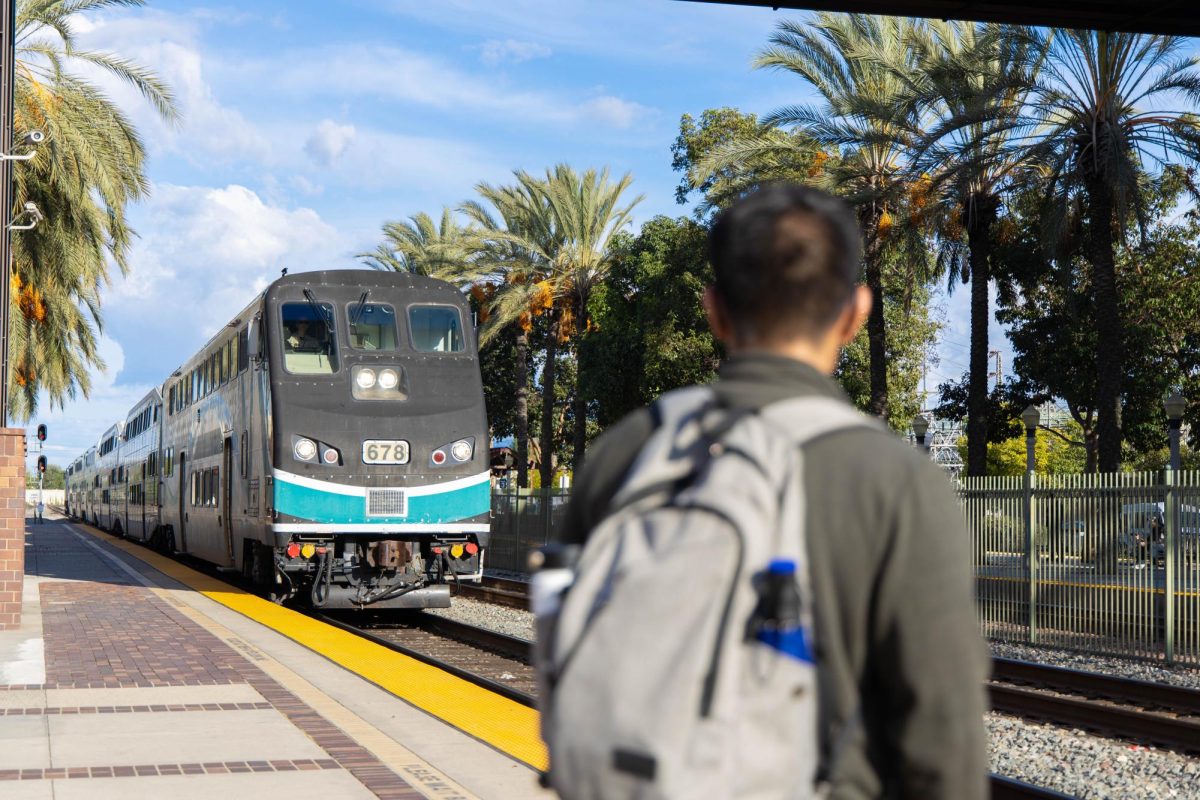

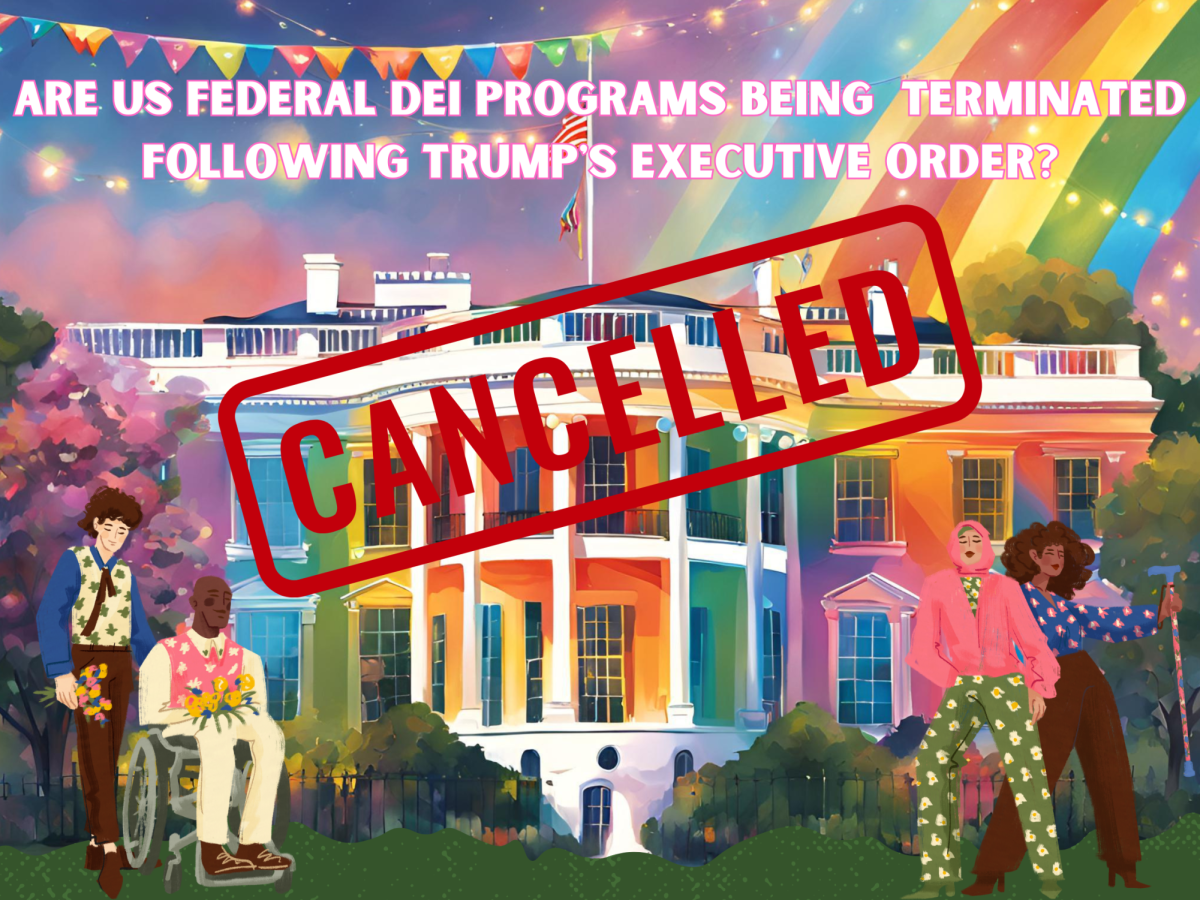

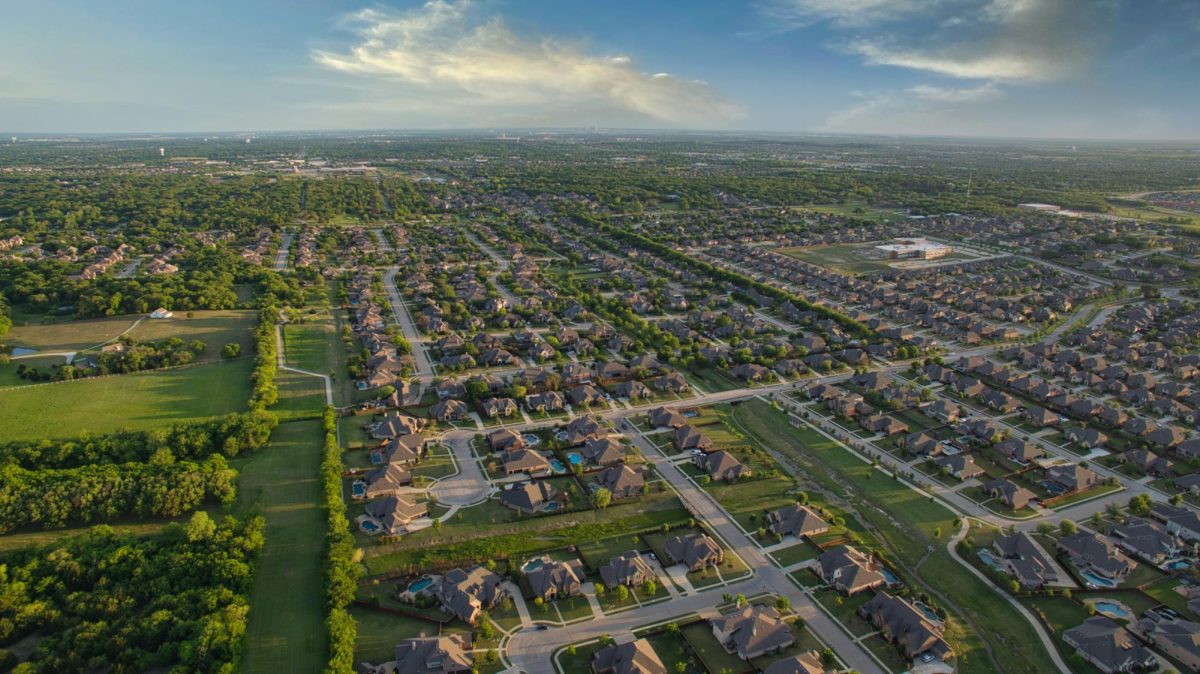

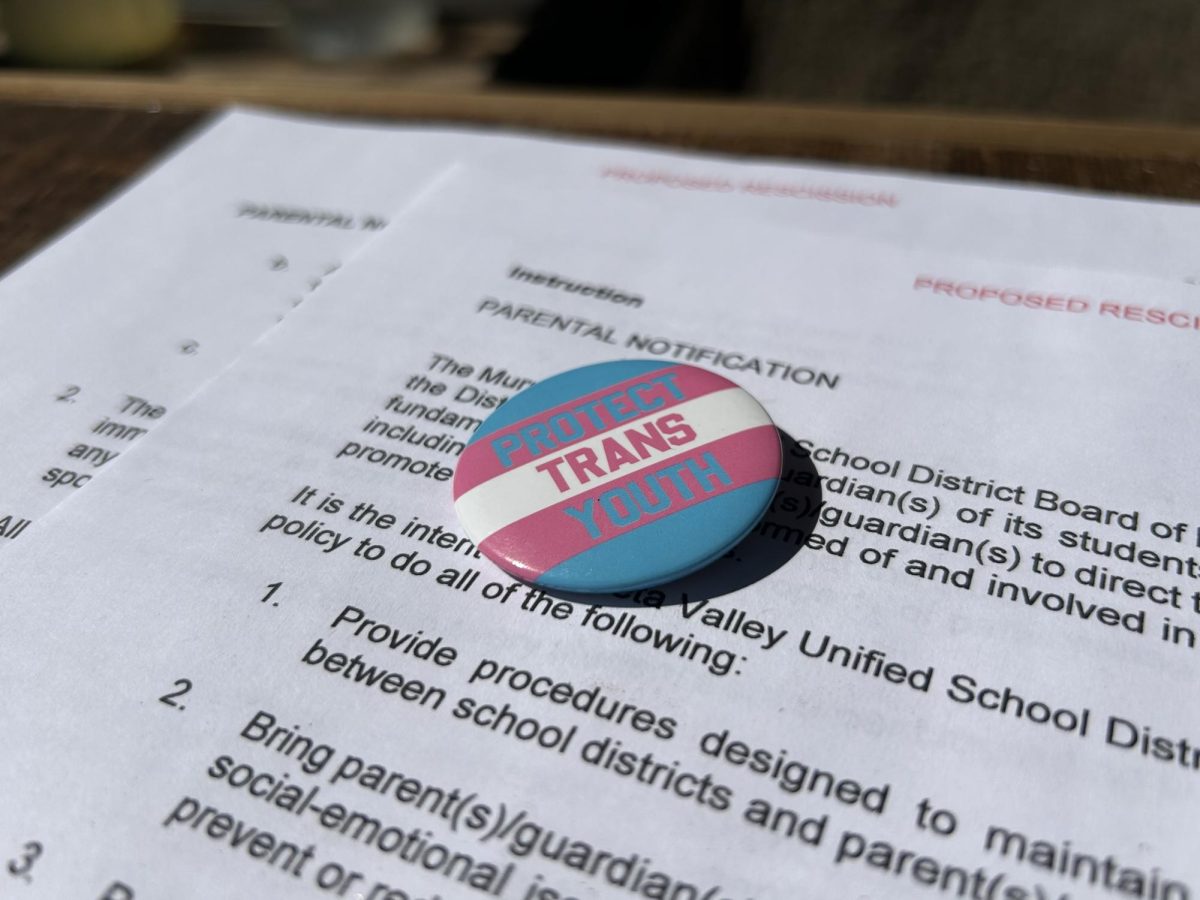




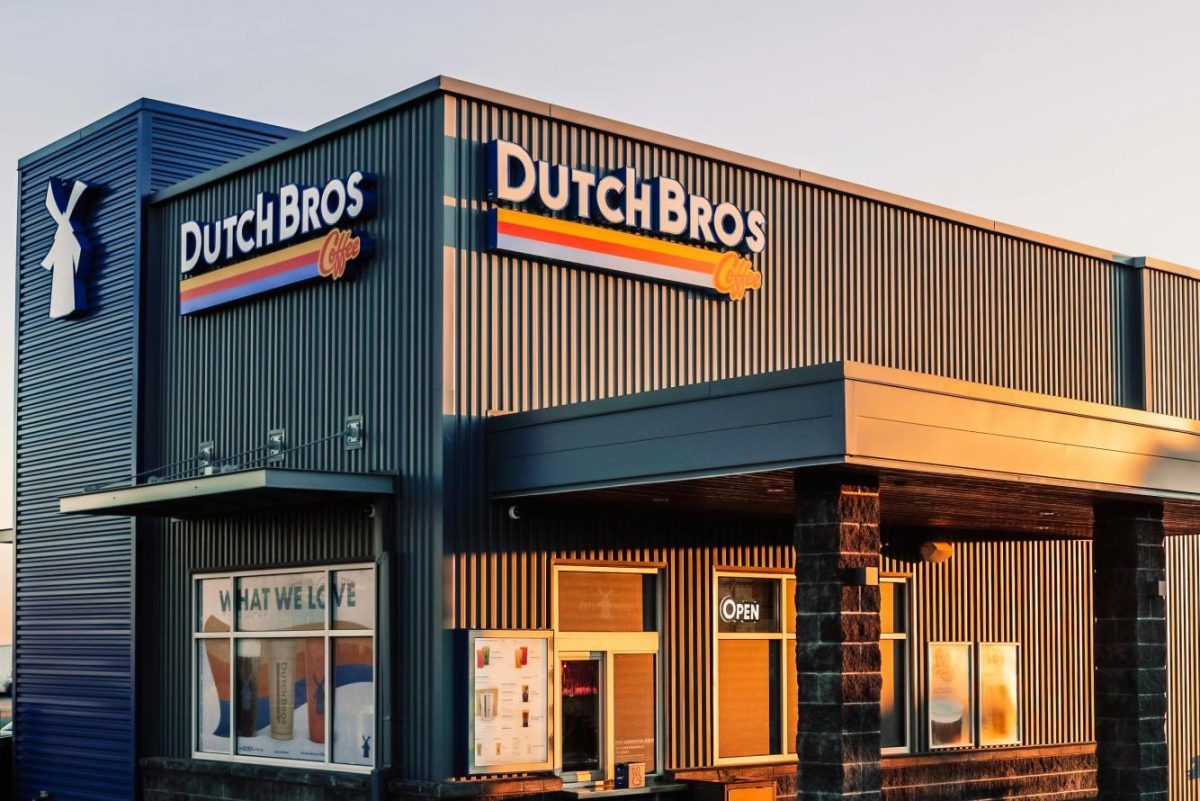




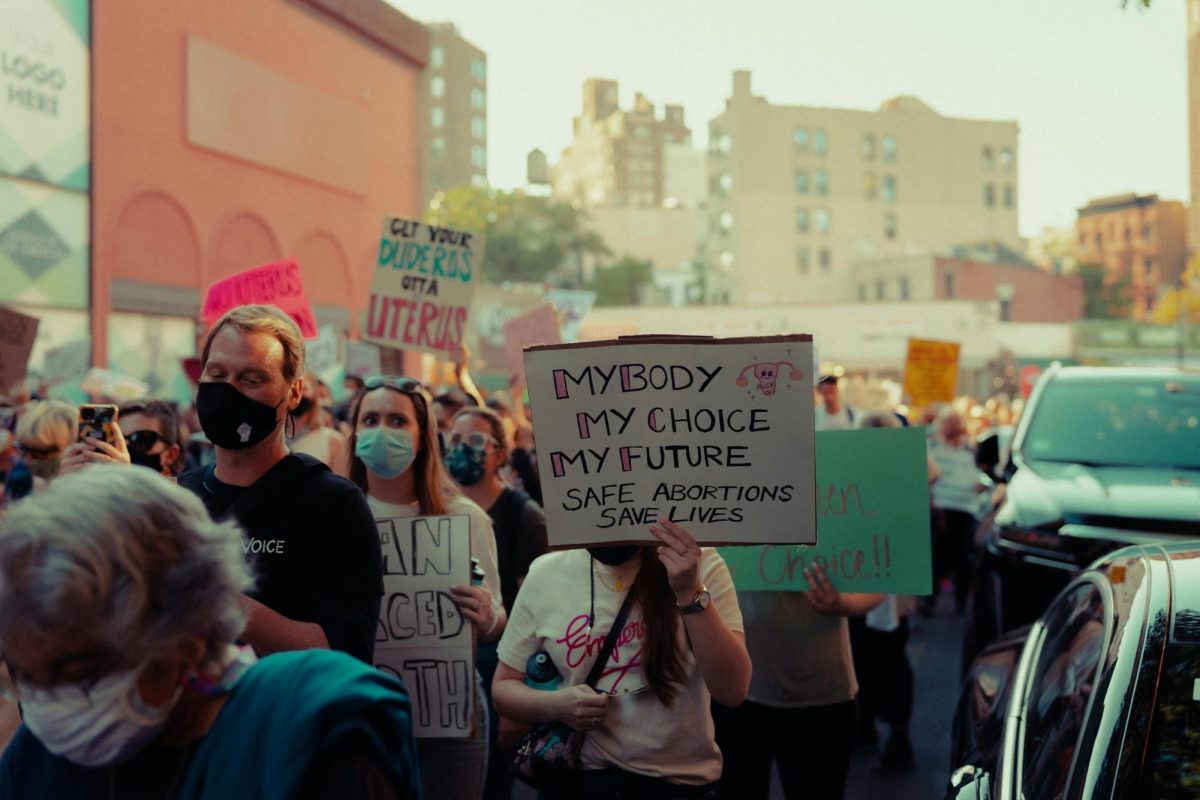










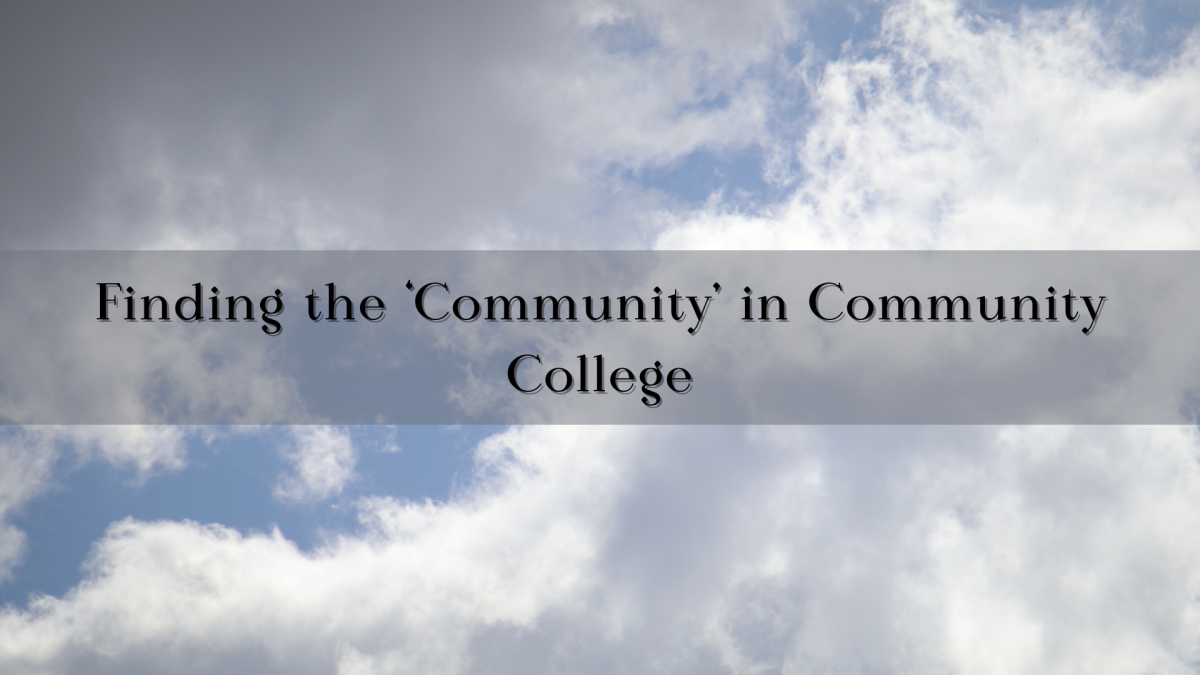
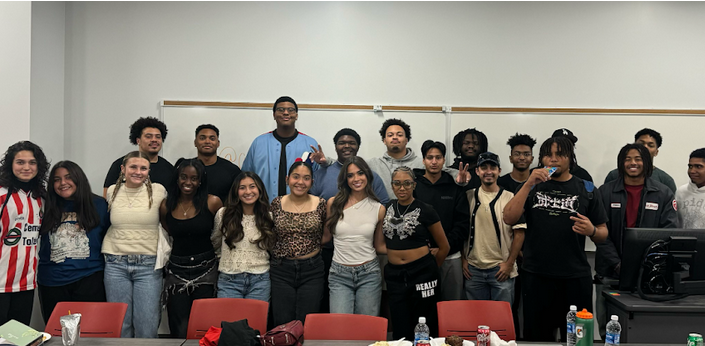


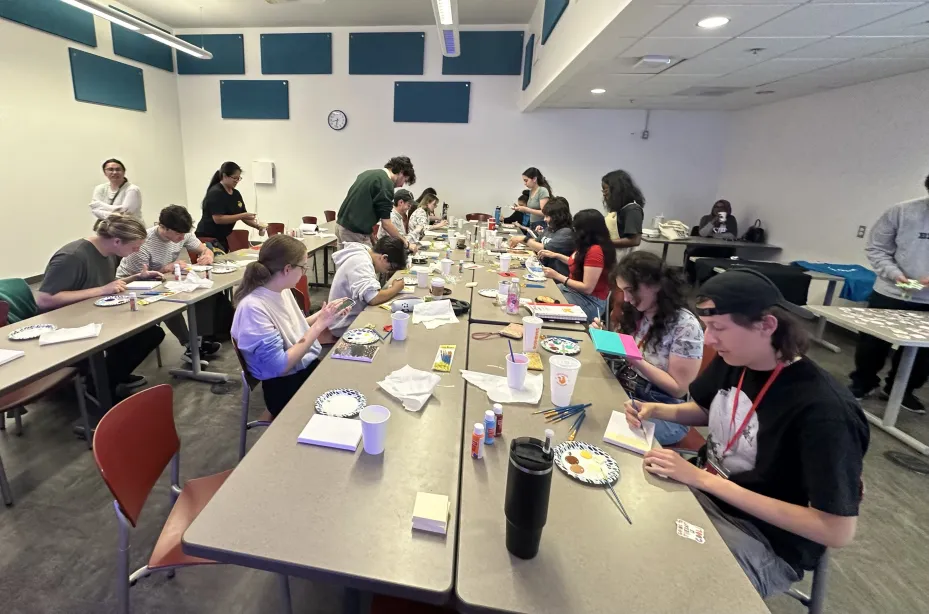









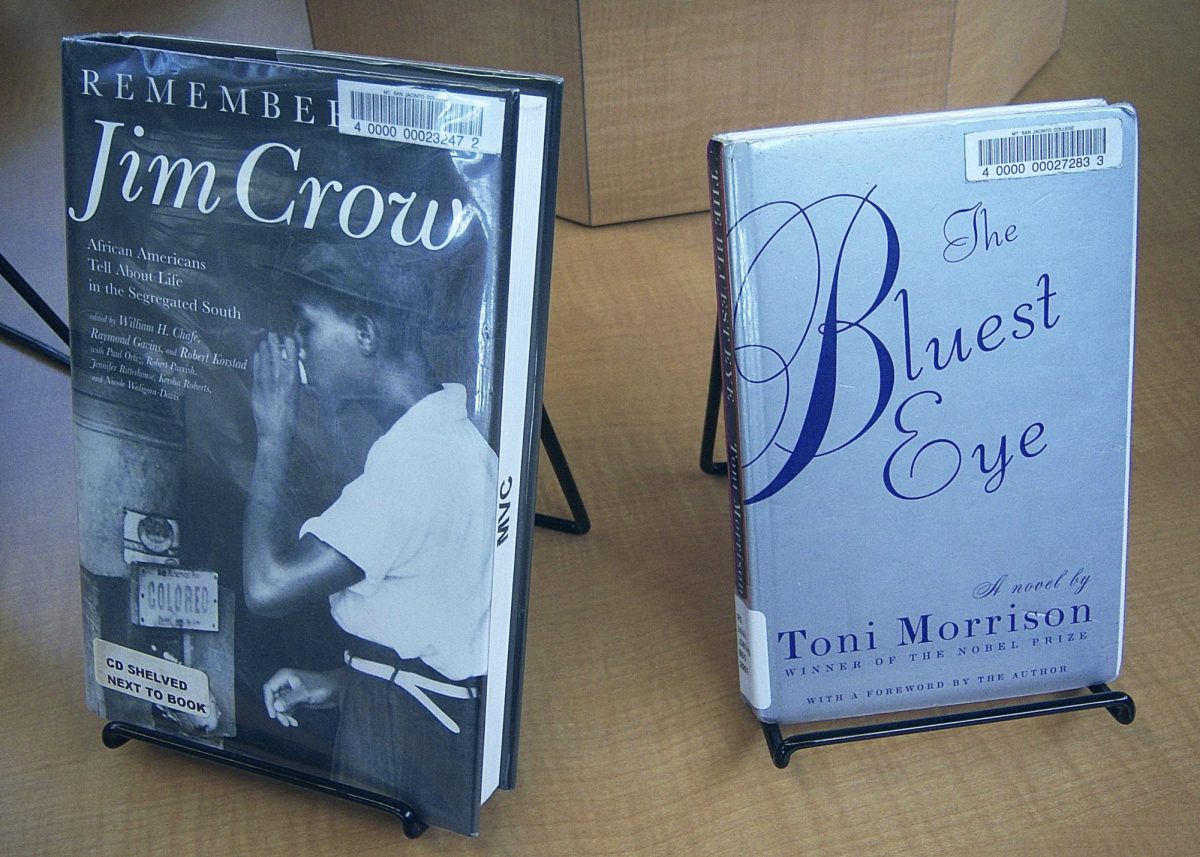




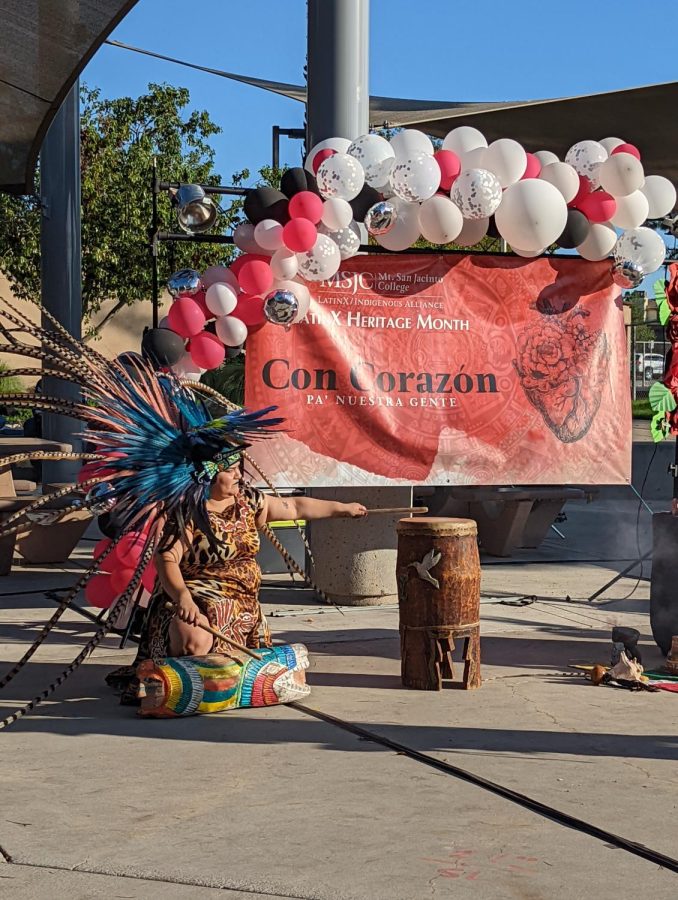







































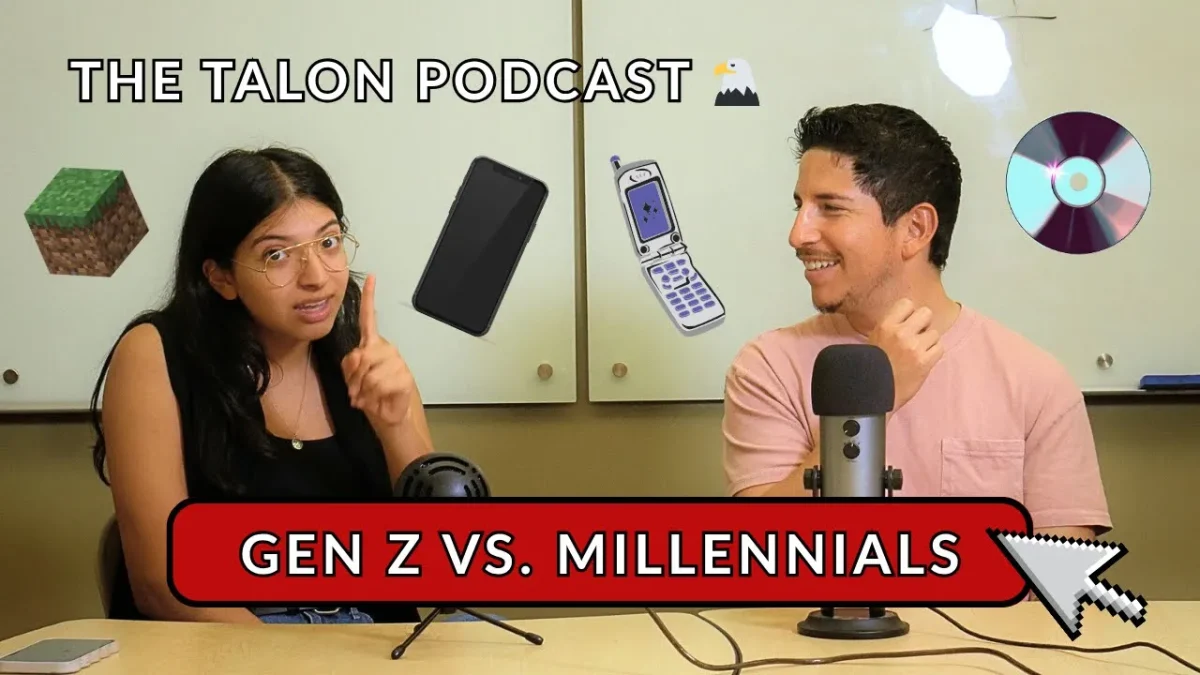







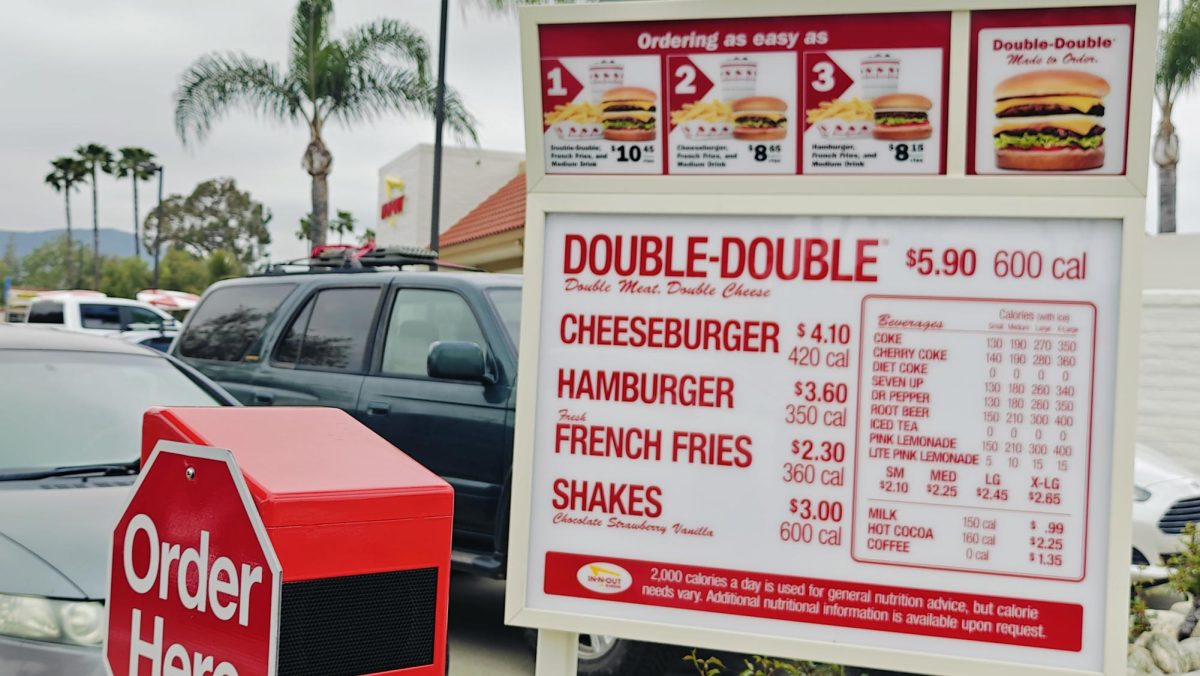
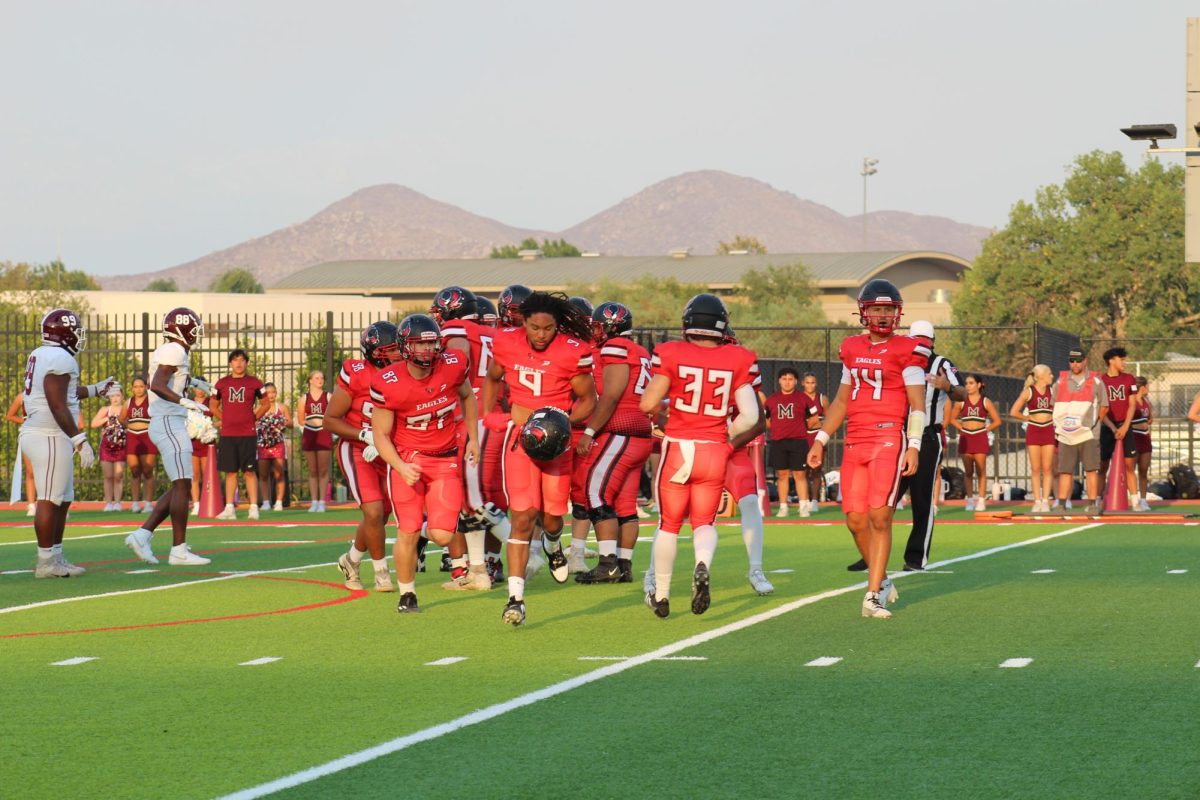

Steve • Apr 30, 2024 at 12:50 pm
Bernie says gentrification is sweeping the nation.